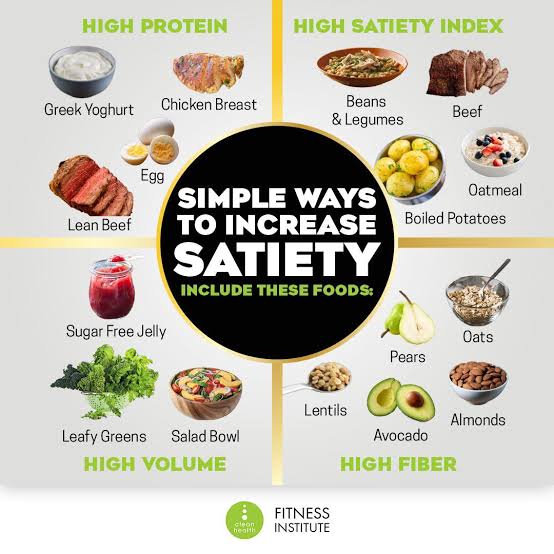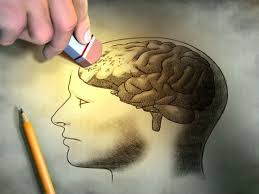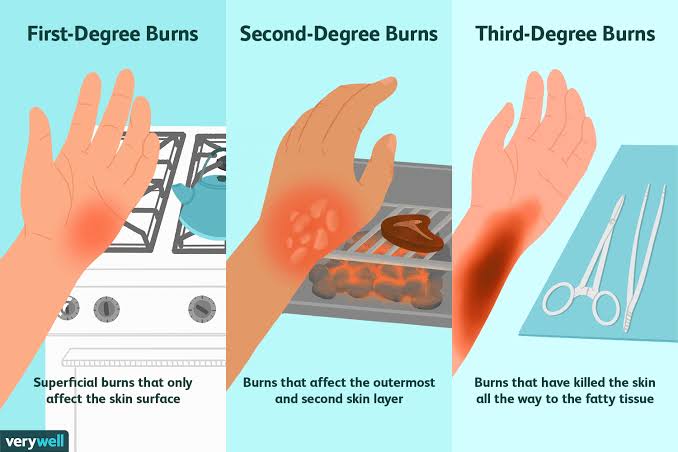Have you ever heard of the phrase “Eat 6 meals a day instead of 3 to raise metabolic rates”? Have you heard a trainer or nutritionist tell you that increasing the number of meals leads to an increased feeling of fullness during dieting? Unfortunately, this advice is still widespread in Western nutrition circles. It has recently begun to spread in the Arab world. In this article, we review through studies, research and personal experiences the validity of these claims, and I explain to you the best number of meals to combat hunger during dieting and for better burning of fat.
Why are there claims that multiple small meals (6 meals) are better than large, limited meals (3 meals)?
The reason for these claims is the misunderstanding of the thermal effect of food. The thermic effect of food is the amount of calories the body consumes to digest the food. It is approximately 10% of the food calories (a mixed meal consisting of protein, carbohydrates, and fat). Meaning that if you eat a 400-calorie meal, your body will consume 40 calories to digest this meal.
Therefore, some nutritionists claim that the greater the number of meals, the greater the rates of the thermic effect of food, and thus the rates of nutritional metabolism increase throughout the day. This claim is clearly false, because the amount of thermic effect of food depends on the amount of calories consumed. If you eat 6 meals, each meal worth 500 calories, the thermic effect of the food (TEF) is the same as eating 3 large meals, worth 1000 calories per meal.
Scientists at the French Center for Medicine and Health reviewed a large number of studies conducted on “the effect of the number of meals on metabolic rates” and compared the rates of energy burned over a 24-hour period with eating between one and 17 meals. The scientists concluded The French say that eating a small meal raises metabolic rates slightly, and eating a large meal raises metabolic rates by a greater amount, but at the end of the day, there is no difference or effect on the overall metabolic rates.
In another study conducted by Canadian scientists from the University of Ontario, they divided volunteers into two groups. One group eats 3 meals and one group eats 6 meals, and both groups eat less than their daily calorie needs. 16 volunteers continued this experiment for 8 weeks, and the scientists did not find any noticeable difference in the fat lost or the muscle wasted.
Does increasing the number of meals lead to increased satiety during dieting?
There are also claims that eating a small meal every two or three hours is better for eliminating hunger than eating 3 large meals. The University of Missouri conducted a study on 27 obese men. I put them on a diet for 12 weeks. Researchers have discovered that increasing the amount of protein leads to an increased feeling of fullness. The number of meals (3 or 6) has no effect on hunger or satiety.
Another study was conducted by the University of Kansas to determine the effect of the number of meals and the amount of protein on hunger levels and hormonal changes in people with obesity. The study also found that increasing the amount of protein leads to an increased feeling of fullness. Surprisingly, they discovered that eating 3 large meals leads to increased satiety more than 6 small meals.
Are there benefits to eating fewer meals?
The truth is that there are many studies conducted on intermittent fasting. It is fasting from food for 8-16 hours a day, whether voluntary fasting or fasting for religious reasons (the month of Ramadan). Many of these studies have proven the benefits of fasting in improving insulin sensitivity and reducing high blood glucose levels. There is also an “observation” and not a study that discovered an increase in the incidence of colon cancer (the 4th largest deadly cancer) by 90% with eating 4 meals compared to eating two meals. However, this is an observation and is not reliable as evidence that multiple meals are harmful. But I saw that it is an observation. Worth mentioning in this topic.
So what is the best number of meals to burn fat?
First, when designing a diet, priority must be placed on eating the optimal proportions of protein, carbohydrates, and essential fatty acids. These factors are 100 times more important than eating times or the number of meals. Therefore, the optimal number of meals is the number that suits your lifestyle. Your diet should help you stick to it for as long as possible. The more the diet is suitable for you, the more you will stick to it. I personally eat between two or three meals a day, most of them in the evening. This is because I am busy all day and do not have time to prepare food during the day. Also, eating large meals in the evening helps me sleep more comfortably. As I read in studies, the best strategy to reduce the feeling of hunger is to increase the amount of protein




